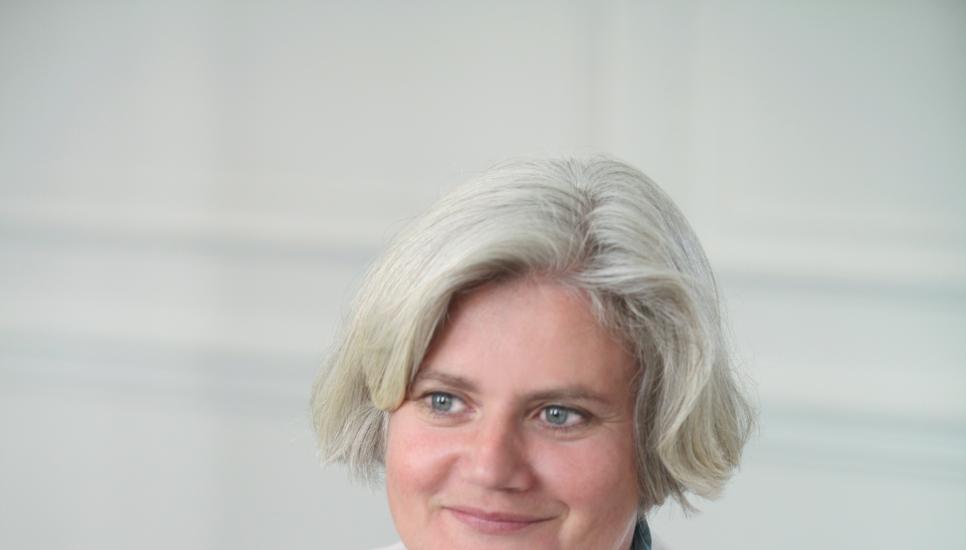Family dynamics, family succession and the trusted adviser

Each family is unique. A concerted effort to understand the complex dynamics which exist within each family, between spouses, siblings and the generations, is an essential first step for family advisers. Without this understanding, it is much more difficult to help a family deal with succession issues, especially in the context of a family business with members sitting on the board.
Shared family history can often interfere with objectivity, with a succession exercise having the potential to be experienced as an overthrow of one generation by the next, rather than an exciting transfer of the family baton. In some families, reverence for G1 may make G2 or G3 reluctant to voice legitimate concerns; or G1 only sees the risk attached to G2’s ideas rather than the creativity which has the potential to transform the family business.
Where advisers work to understand the family, they can help shape the succession process, facilitating the production of a cohesive, familial plan for succession with agreed core values to which future generations of the family can aspire. The adviser will be taking two perspectives: from the macro level, in trying to establish the ethos of the entire family unit; and the micro level of each family member.

An instructive case study is that of the late Maersk Mc-Kinney Moller and his youngest daughter, Ane Maersk Mc-Kinney Uggla. Since 2012, Ane Uggla (pictured), 72, has chaired the AP Moller Foundation which owns the controlling stake in the Maersk Group, the world's largest container ship and supply vessel operator. Her father, with family input and a team of trusted advisers, formalised five core values: “Constant care, humbleness, uprightness, our employees, our name”.
Ane has said: “We have a fantastic company with a special character of its own. That needs to be preserved and I am happy to be an important part of it… When I became chair after my father’s death, I felt well prepared for the assignment. An assignment I have taken on gladly, not just as a duty” (in Berlingske, 23 March, 2013).
Some families may have a number of boards: private trust companies, family offices, investment committees, protector committees and operating company boards all have positions to fill. Where a family member has not been included on a board, this can lead to resentment and this is where trusted family advisers can help.

Advisers can act as a neutral sounding board and, with empathy and sensitivity, discuss the situation, ideally bringing to bear experience and a sense of when it is sensible to introduce a compromise. For example, if a family member is felt not yet ready to sit on a board for want of business experience, then exploring opportunities for him or her to gain that experience through an internship or secondment can help turn a sense of resentment into a sense of purpose.
Preparing both generations for the point at which succession takes place can permit a managed transition of power, where G1 continues to lend the benefit of his or her experience, but gradually releases the control to a board which has shown itself capable of upholding family principles.
Understanding the family can put the adviser in a position where she or he becomes trusted to deal sympathetically with family issues that can, if unchecked, damage the family business. If all goes well, and the adviser’s position is accepted as the privilege it is to get to know the family well, then potentially destructive dynamics can be reworked so that, for example, succession becomes an exercise in appreciation: by G2 of their forebears who built the family business and, by G1, of the skills and creativity of the next generation which will drive the family business forward.






